|
Welcome Sake Lovers to Sake World Series this week we revisit the Kansai region stopping in Nara prefecture and then we head to Chubu Region where we visit Fukui Prefecture. We transition to a new sake category this week where Japanese sake was created to influence the international market. By making consumers experience the world of rice bringing forth, fruity aromas, with clean smooth texture low acidity meant that it didn't clash with food pairings and shines more at cooler environments which are also in comparison to the wine world . LET'S VISITIPPONGI SAKE BREWERYLet me take you to time of Samurai's~ The Feudal Lord Katsuyama ( Ogasawara) gave him the symbolic name "Ippongi" to the sake brewed exclusively for him. The name ‘Ippongi’ comes from the Zen term 'Daiichigitai', which means ultimate truth. When Ippongi Sake Brewery was founded in 1902, the company inherited this historical sake name. Since the beginning, Ippongi has been brewing high-quality dry sake, and within 10 years of its founding, it became the top brand in Fukui prefecture. Ippongi continues to hold the top position to this day, nearly for 100 years. The taste Ippongi was aiming for was something pure with a beautifully articulated aroma and flavor. To accomplish this, Ippongi turned to the Nambu brewing method (developed among brew masters from southern Iwate prefecture, which was famous for producing sake with a clean, clear taste). The Nambu-toji is one of the three most excellent brew master groups in Japan, along with Echigo-toji and Tamba-toji. Of this esteemed triumvirate, Nambu-toji is widely considered to be the premier group. It has a history of over 350 years, and the skills and craftsmanship of the Nambu brewing method have been praised throughout the history of sake brewing. https://www.ippongi.co.jp/eng/ 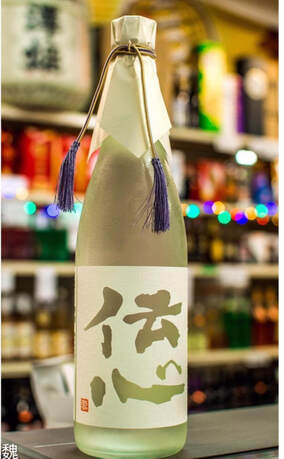 IPPONGI DENSHIN YUKI JUNMAI GINJO Junmai Ginjo sake features calm aroma and pure crisp taste that remind you an image of a quiet, snow-covered sake factory. Denshin Yuki’s soft aroma and clear taste have been praised by consumers who enjoy pure-tasting sake as well as by chefs who seek delicacy in sake to accompany with their delicate dishes.
IMANISHI SHUZOU CO LTD."Nara / Miwa" where the god of sake is settledIt is said that Miwa's land originated in sake brewing. It was here in Miwa that sake was brewed to save the country from ancient times. Together with the sake god, this Miwa continues to make a deep history. The name "Miwa = Miwa" can be said to be a phonetic kana with a deep relationship with sake and Shinto rituals. One of them is "God liquor". It has been said that, since ancient times, the state of being intoxicated with liquor is in sync with the god, and liquor has been regarded as an important connection with God. The sacred sake is now called "Miki," but in the old days it was read as "Miwa." In addition, ancient people read God as "Miwa." The official name of "Ojin Shrine" is "Omiwajinja". It can be seen that "liquor, Miwa, God" have a deep relationship so that "God sake = Miwa = God". http://imanishisyuzou.com/history/ 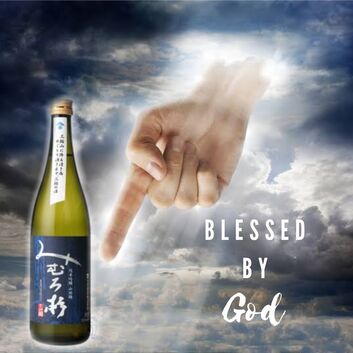 Mimurosugi Junmai Ginjo Blessed with waters from the Ohmiwa Shrine where you can worship the God of Sake Touches your palate with a sensation that blesses your tastebuds where it indulges all taste encounters at the touch of the sip . Experience the blessing of God! Category: Junmai Ginjo Rice: Yamadanishiki Rice polishing: 60% Alc: 15%
2 Comments
8/14/2022 04:39:07 am
We’ve put together a psychology-backed list of ways to enter the flow state, including how to choose a flow-friendly activity and what you can do to practice getting there. If you’re ready to go with the flow, keep scrolling!
Reply
8/14/2022 04:39:40 am
You’re most likely to reach flow when you’re working on a meaningful task under the right conditions, and finding the flow state is a skill that can be practiced and perfected.
Reply
Leave a Reply. |
Categories |
© COPYRIGHT 2021 ALL RIGHTS RESERVED.

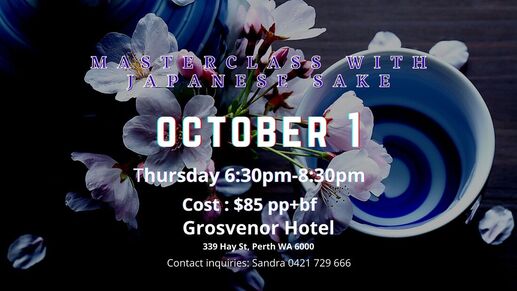
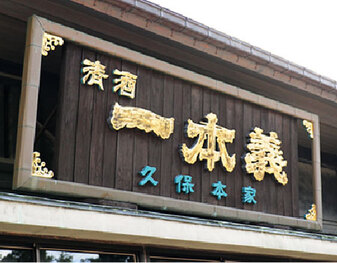
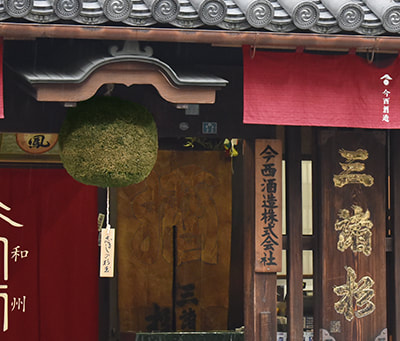
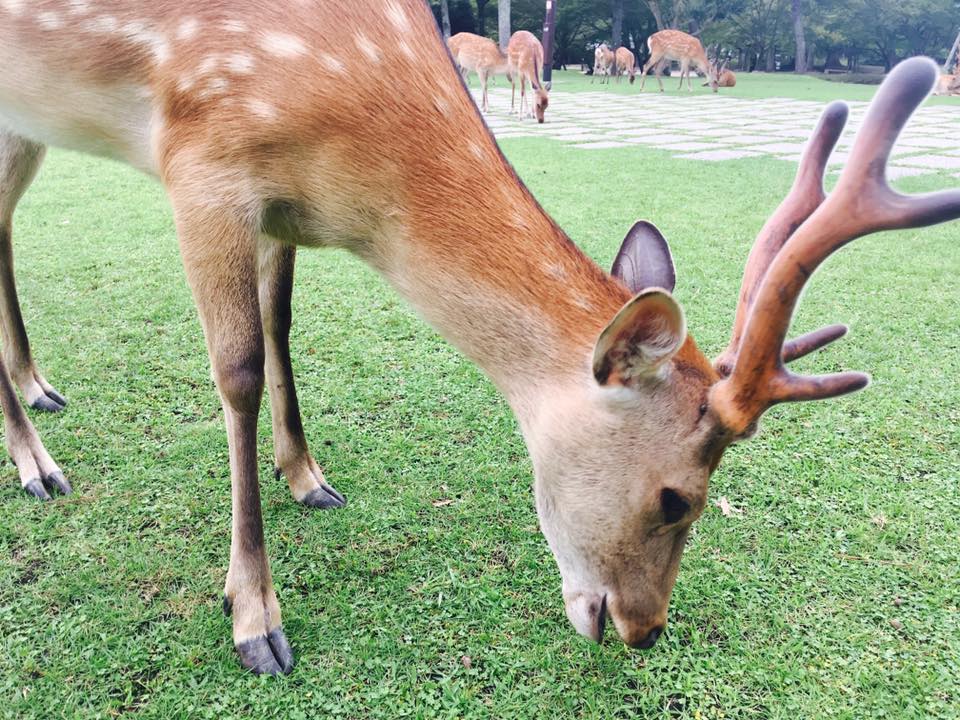
 RSS Feed
RSS Feed